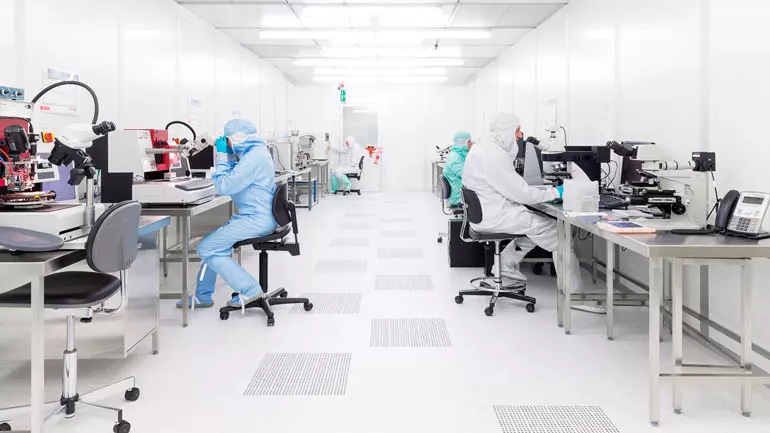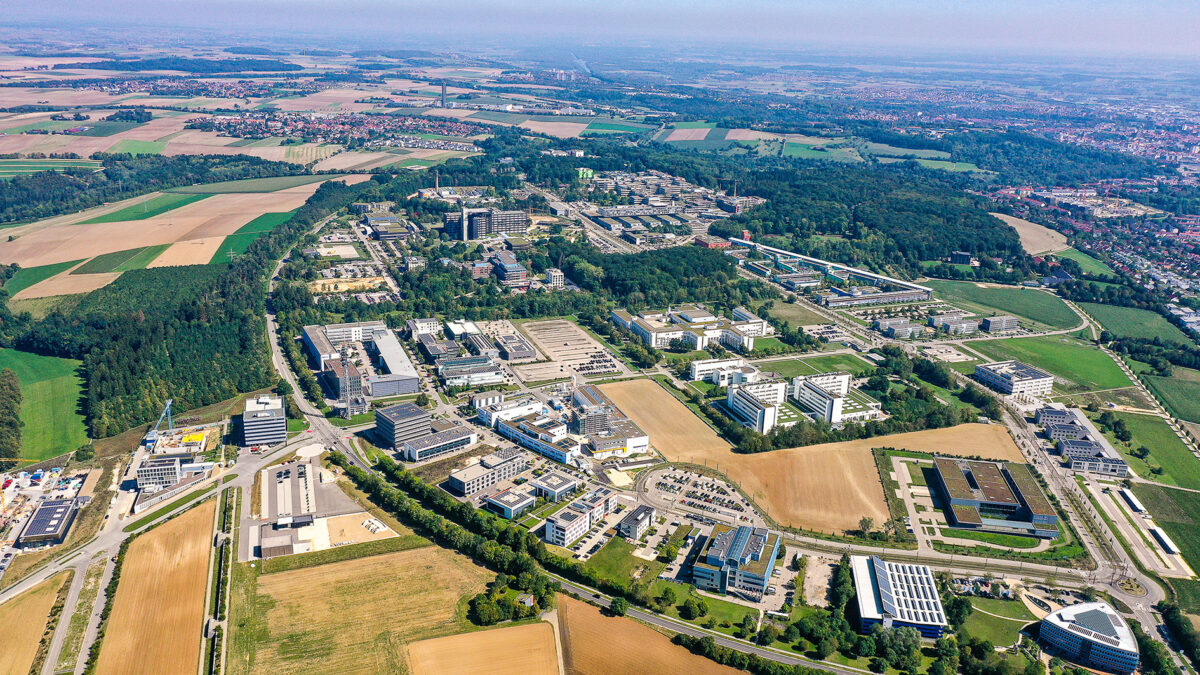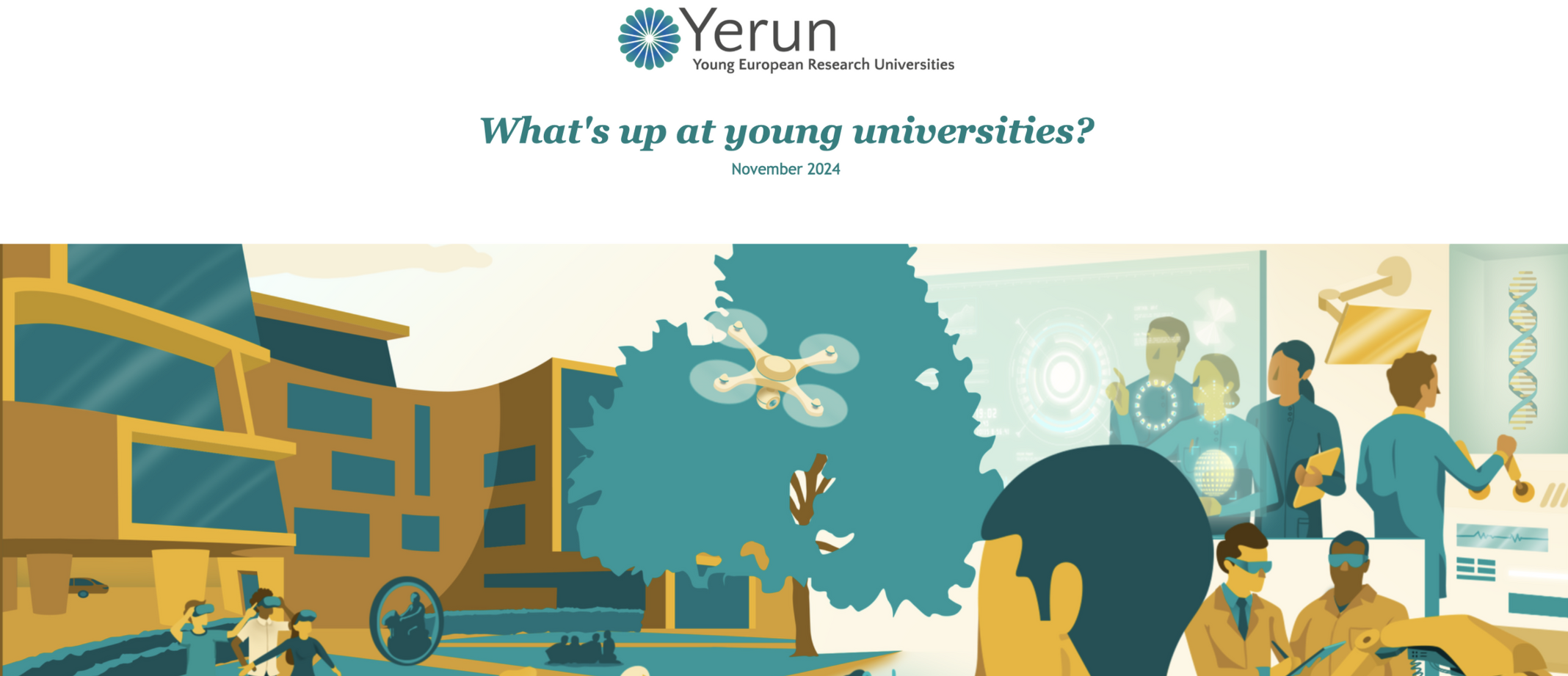In our rapidly evolving world, ecosystems of collaboration are vital for addressing complex societal challenges and fostering innovation. YERUN universities stand at the forefront of this movement, building dynamic networks that connect academia, industry, local communities, and politics. By driving interdisciplinary research, championing civic engagement, and creating opportunities for inclusive growth, these universities play a transformative role in shaping resilient regions and empowered societies.
Building Stronger Communities through Collaboration
Young research universities play a transformative role in fostering regional development and addressing local needs. The University of Eastern Finland (UEF) exemplifies this by launching Master’s programmes in technology and collaborating with companies such as FinVector to close skills gaps and attract investment. UEF also runs the Talent Hub Eastern Finland, which integrates international students into the workforce through Finnish workplace training and recruitment support.

In Northern Norway, UiT The Arctic University of Norway enhances region’s development by educating professionals in healthcare, teaching, and law. Its leadership in Arctic research, in areas such as Northern Sami language technology, as well as in sustainable development initiatives, are central to its impact, highlighting the university’s commitment to addressing both regional stability and global challenges.
Similarly, Maastricht University (UM) focuses on Limburg region’s wellbeing through projects like the University Neighbourhood initiative and the ELSA Lab, which tackles local poverty and debt. UM also connects students with local businesses via KE@Work and AI labs, fostering innovation and collaboration to meet the region’s specific needs.
The University of Konstanz supports researchers and students with starting their own businesses, as university spin-offs play a key role in moving research into practical application while strengthening the region’s economy with new start-ups. The Idea Cup encourages entrepreneurial spirit by supporting researchers and students in launching start-ups that translate research into practical applications. This initiative strengthens the Lake Constance region by promoting innovation and local job creation.

The University of Southern Denmark (SDU) champions sustainability with cutting-edge methods to extract valuable bioactive substances from biowaste, transforming it from waste to resource. This eco-friendly approach yields high-value substances for pharmaceuticals, food, and materials, contributing to greener industry practices and showcasing the potential of biowaste in sustainable production. Meanwhile, the University of South-Eastern Norway (USN) plays a pivotal role in microchip innovation through the CC-NorChip initiative, linking Norwegian businesses with advanced European facilities and driving technological advancements, while supporting innovation in sectors like health, energy, and defence. USN plays a central role in education, research, and industry collaboration through its cutting-edge labs and leadership in promoting access to the EU’s 27 Chips Competence Centres.
YERUN universities also lead efforts to strengthen civic engagement and promote inclusive communities. Nicolaus Copernicus University in Toruń (NCU) has forged a close partnership with the city to improve urban spaces and social services. As part of the Young Universities for the Future of Europe alliance, NCU leads civic engagement initiatives, offering residents free consultations supervised by academic experts. Initiatives like archaeological research and public consultations exemplify how academia can contribute to enhancing residents’ quality of life.
Empowering Civic Engagement and Social Responsibility

The University of Antwerp (UAntwerp) fosters democratic participation through De Stemtest, an interactive voting tool that informs citizens and stimulates political debate. This initiative strengthens informed decision-making and highlights the university’s commitment to active civic engagement. Now the largest voting test in Flanders and Belgium, De Stemtest helps voters identify the political parties that best align with their views, promoting informed decision-making and active democratic participation. Beyond supporting individual voters, the initiative stimulates political debate and deepens citizens’ understanding of the political landscape, highlighting UAntwerp’s commitment to enhancing civic engagement and strengthening democracy in the region.
In Ireland, the University of Limerick’s Citizens’ Assembly brings together community stakeholders to address UN Sustainable Development Goals (SDGs). From voter education to food poverty mapping, this initiative demonstrates the power of collaborative efforts between academia and the community. This inclusive platform fosters meaningful university-community collaboration and strengthens civic engagement
Innovative Research and Interdisciplinary Solutions
Innovation and interdisciplinary research are central to YERUN universities. NOVA University Lisbon launched its first Interdisciplinary Research Community (NIRC) on Sustainable Energy Systems bringing together experts to tackle critical global issues. This initiative, supported by industry partnerships, reflects the university’s commitment to advancing cross-disciplinary problem-solving.
The University of Bremen leads the way in applying industrial mathematics to innovation through its #MOIN project. This initiative not only promotes STEM education but also addresses challenges in digital transformation and autonomous technology, demonstrating how mathematics can drive real-world solutions. Through research, workshops, and public engagement, #MOIN reinforces Bremen’s role as a hub for science and industry.

Ulm University’s Science City Ulm is a thriving hub for technology transfer, hosting startups, research institutions, and companies that collaborate on advancements in AI, quantum technology, and medical research. This collaboration has positioned Ulm as a model for partnerships between academia, industry, and politics.
Empowering Students to Innovate and Lead
Empowering students to address real-world challenges is another hallmark of YERUN universities. At the University of Potsdam, Business Informatics students developed a lightweight, cost-effective breathing apparatus dummy for training youth fire departments, combining academic knowledge with practical problem-solving. This project not only supported local fire services but also enhanced students’ skills in design and innovation.
The University of Essex’s VTeam volunteering programme similarly provides students with opportunities to contribute to their communities. Recognised with the King’s Award for Voluntary Service, VTeam showcases how student engagement can lead to impactful and lasting change. Through Make Happen, the University also leads efforts to increase higher education access for underrepresented youth, fostering lasting community impact.
Through tailored programmes, strategic partnerships, and innovative approaches, YERUN universities demonstrate the power of collaboration to create lasting impact. By fostering local development, advancing civic action, and addressing pressing global challenges, these young research institutions exemplify what it means to lead with purpose.
As hubs of transformation, young universities continue to inspire and drive positive change, paving the way for a more inclusive, sustainable, and interconnected future. This vital role was underscored at the WIRE 2024 Conference during the “New challenges, new dimensions of regional disparities?” session, where YERUN Secretary General, Silvia Gomez Recio, highlighted how young universities strengthen regional ecosystems and address today’s complex social and economic challenges.
📨 Subscribe to the YERUN Newsletter










